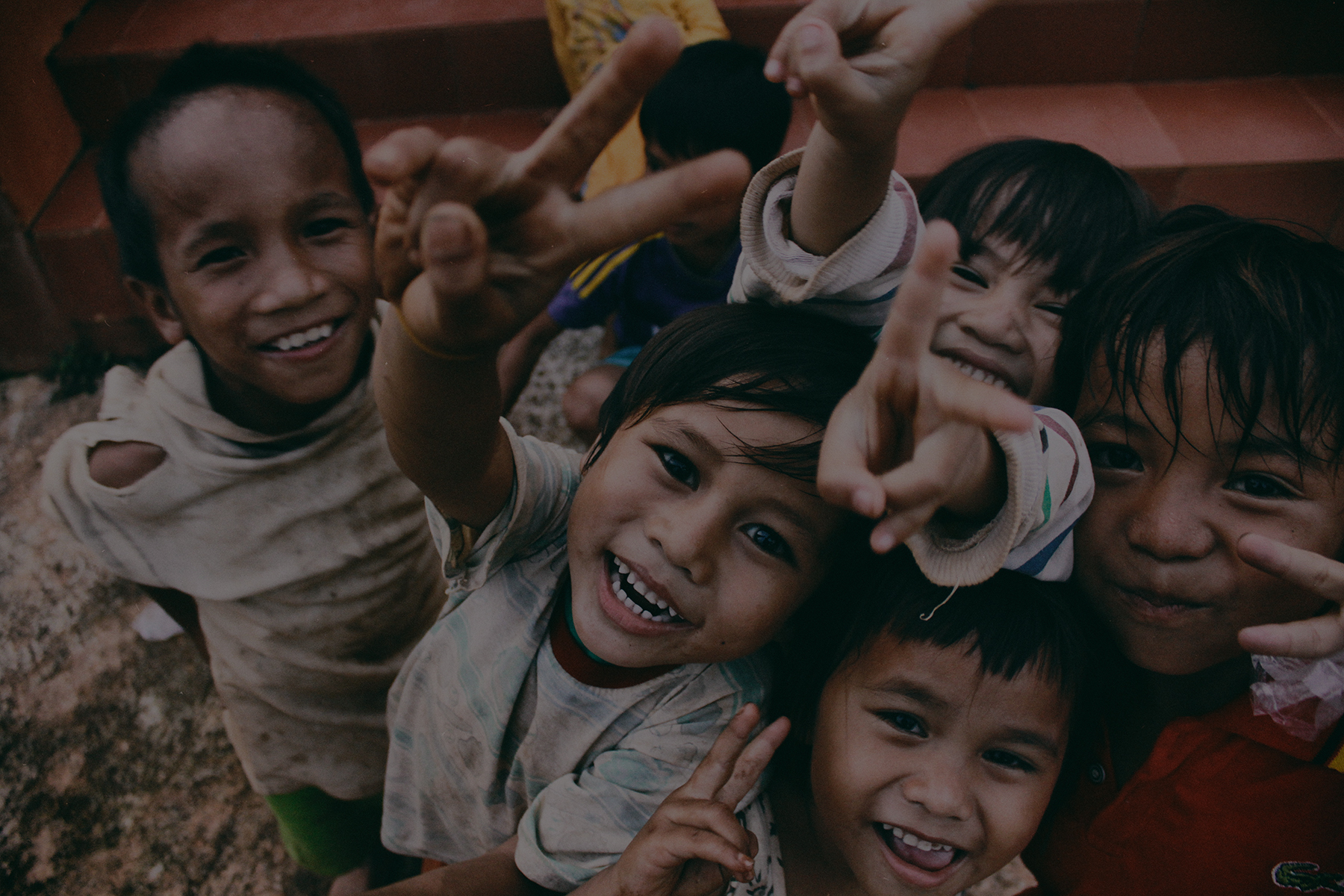On November 10th -14th Government officials from across South Asia came together for the first Governing Board Meeting of SAIEVAC to discuss actions to end violence against children and legal reform. The Governing Board of SAIEVAC was joined by the Guest of Honour, Marta Santos Pais, UN Secretary-General’s Special Representative on Violence against Children.
SAIEVAC’s first Governing Board Meeting endorsed a 5 year workplan which supports the implementation of international and regional mandates and obligations. This workplan is a framework for the development of effective and comprehensive child protection systems, and addresses key issues for the region including child labour, sexual abuse and exploitation, trafficking, corporal punishment, and child marriage.
One of the key components of this workplan is that all countries by 2015 will have developed and are enforcing national legislative measures to prevent, prohibit, and eliminate all forms of violence against children in all settings including in families, in schools, in communities, workplaces, institutions and emergency situations.
SAIEVAC’s first Governing Board meeting reviewed current national legislation in South Asia and their scope and limitations. The workshop included technical sessions focussing on a range of legal reform issues. The countries also prepared action plans to ensure corporal punishment is banned in all settings as this is an area where the legal framework is not appropriately protecting children. There are many opportunities throughout the region to achieve prohibition of corporal punishment through draft laws on children, child rights or child protection, in preparation or before Parliament.
United Nations Special Representative of the Secretary-General on Violence against Children, Marta Santos Pais said that, “Legislation is a key component of any comprehensive strategy to prevent and address all forms of violence against children. It is the solemn expression of political commitment of a country to work towards violence prevention and response and to protect children’s dignity and phsycial integrity at all times. Legislation encourages positive discipline and the education of children through non-violent means; and safeguards the protection of victims as well as their redress, recovery and reintegration”.
Peter Newell, Coordinator of the Global Initiative to End All Corporal Punishment of Children said, “Although many parents believe that corporal punishment will teach their children right from wrong, the opposite is the case. Children who are physically punished are less likely to internalize moral values, such as justice, fairness and empathy because they are learning to make decisions out of fear of being hurt themselves, rather than on the basis of what is good for others. Corporal punishment places children at risk of injury; thousands of children are killed by extreme corporal punishment and many, many more suffer serious injury. Children who are smacked and slapped are many times more likely to experience severe violence than those children who are never hit – because physical force tends to escalate conflicts. There are no research findings demonstrating that physical punishment leads to positive long-term outcomes; all findings reveal negative effects on children’s development. But in any case, this is a human rights and equality issue: we do not look for research to justify banning violence against women or elderly people, and it is insulting to do so for children.”
SAIEVAC is the first regional initiative of its kind in the world. SAIEVAC creates strong partnerships between Member States so they can inspire, engage, and challenge each other to take action to protect children from violence. Additionally, this mechanism provides space for dialogue and collaboration between Government, INGOs, UN Agencies, Civil Society and Children to support government to take the necessary steps to end violence against children.
For more information please feel free to contact catherinek@sca.savethechildren.se at any time or go to www.saievac.info for more information.


